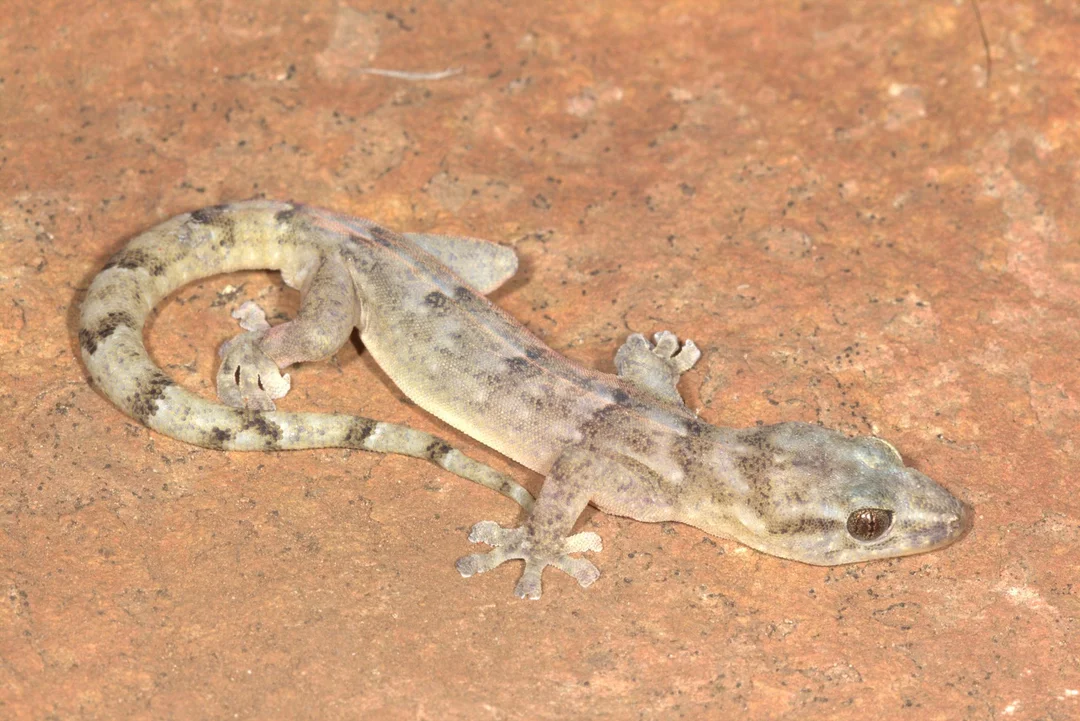
The Remarkable Rediscovery of the Blyde Rondavel Flat Gecko
In a remarkable turn of events, researchers in South Africa have rediscovered the Blyde Rondavel flat gecko, a species thought to be lost for over three decades. This significant finding not only revives hope for this elusive reptile but also highlights the importance of continued exploration and research in understanding biodiversity.
On April 13, 2025, a team from the Endangered Wildlife Trust, led by researchers Darren Pietersen and John Davies, ventured into the steep terrains of the Blyde River Canyon in Mpumalanga Province. Their mission was driven by a long-standing mystery surrounding the gecko, which had not been recorded since its initial discovery in 1991. For years, debates raged on whether the species was extinct or merely overlooked.
"Having a species that is data deficient annoys me," Pietersen remarked, expressing his determination to uncover the truth about the gecko. The team’s expedition was no easy feat; it took two years of planning, including multiple permit applications, to make this trip possible. They were dropped by helicopter atop a rock outcrop that rises over 100 meters high, the very same site where the gecko was spotted more than thirty years ago.
The researchers were met with pure elation when they finally spotted their target after three arduous days of searching. They successfully captured and photographed seven individuals, witnessing firsthand a species that had evaded humanity for decades. “When we did, we were elated to say the least,” Pietersen noted, emphasizing the thrill of reacquainting the world with a once-lost creature.
This rediscovery marks the fifth successful recoverable species by the Endangered Wildlife Trust in recent years, including a mole seen after 80 years, and several other reptiles and amphibians. These findings illustrate the unfathomable depths of nature's specific biodiversity that remain uncharted and the need for robust conservation efforts.
The excitement surrounding the Blyde Rondavel flat gecko is not just about the thrill of finding a rare species; it serves as a reminder of the perils of habitat loss and extinction, and the continuous need for research in conservation. With new tissue samples and data collected, scholars hope to confirm the gecko's status as a distinct species.
As we celebrate this joyous rediscovery, it also nudges us to consider: How many more species are hidden in the forgotten corners of our planet? The call for interest and action is crucial now more than ever. What are your thoughts on the importance of rediscovering species thought to be extinct? Share your views in the comments below!